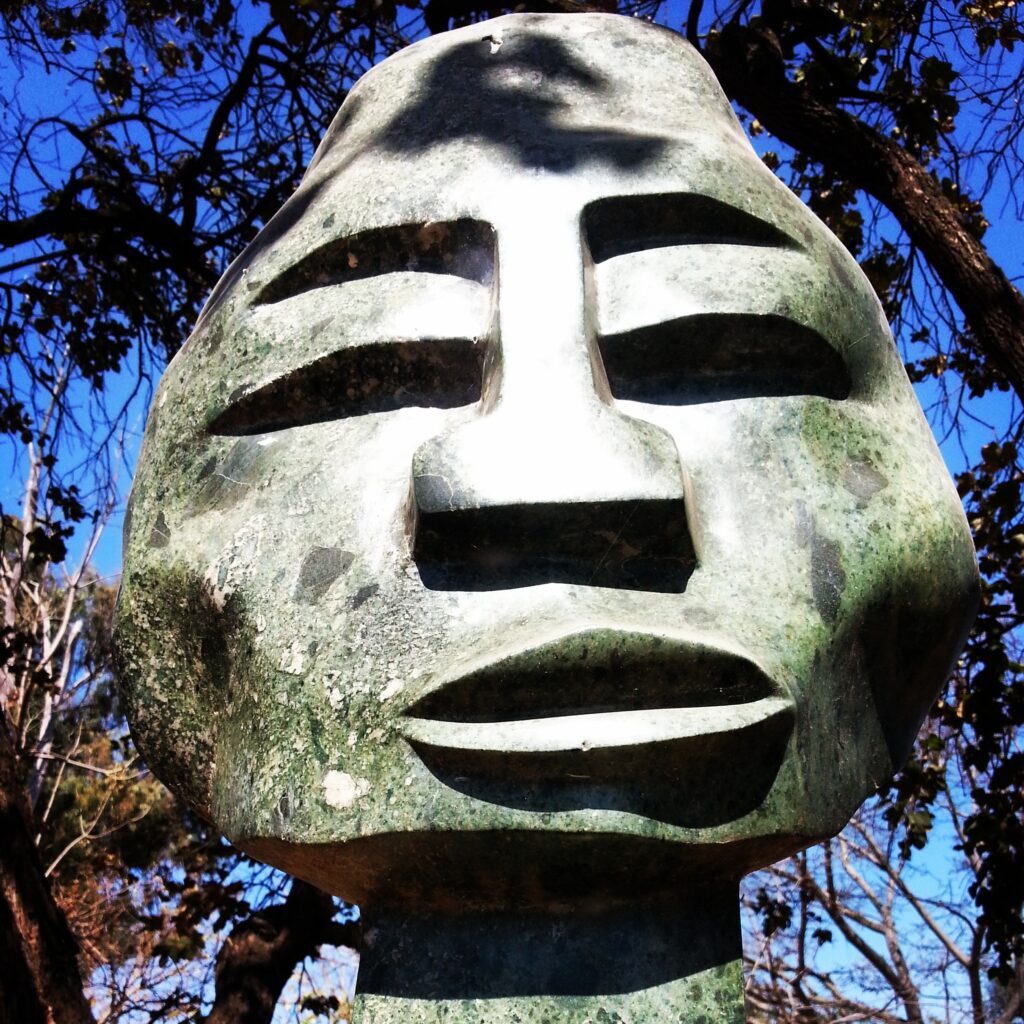
The purpose of this article is to briefly discuss the absence of the concept of a deity in the Shona traditional religion or spiritual system. It will consider the Shona grammar, and argue that, to combat misinformation and religious dishonesty, religious scholars ought to focus less on the concept of a deity, and to stop assuming that belief in the existence of a deity is the essential characteristic of a religion or spiritual system.
This article adopts a humanist and secularist approach. It relies on evidence and critical discussion. It also supports the co-existence of people of different religious points of view and defends the rights of religious adherents to express themselves in relation to their supernatural beliefs, as long they do not cross certain lines, such as subjecting everyone to their beliefs in public spaces.
In the developing world, much remains for humanists to do to correct misconceptions by using facts and evidence to criticise longstanding error and myth. One such myth is the claim that there is a concept of a deity among Zimbabwe’s traditional religion or spiritual system, known as Shona.
According to the research I have been doing for the past three years, there is no deity in traditional Shona. I therefore prefer to call Shona a ‘spirituality system’, not a ‘religion’, because it is not organised like other religions. Instead, it is somehow based on heredity – people of the same totem practise spirituality together – and organised around an extended family as a binding force. The family is symbolised by totems at times, but the spiritual practice is not about worship like other religions. (A totem is any animal that is considered sacred by a particular family, and which serves as an emblem of that family.)
Some linguistic scholars have argued that Shona is a broad term that was used to connect a number of dialects during the Zimbabwean colonial era (1897-1980). The Shona people are a Bantu ethnic group native to Southern Africa, and primarily live in what is now Zimbabwe, as well as in Mozambique. They can be divided into five major clans. In this article I shall focus specifically on the spiritual systems of the Karanga group within the wider Shona people, among whom I am privileged to have been born and bred.
Someone might ask how it can be established that there was historically no concept of a deity among the Shona people who use the Karanga dialect. Fortunately or unfortunately, a term now has been invented which is a case of syncretism, or, put simply, a mixture of two religious/spirituality systems. The Karanga people had their own form of writing, which probably was not advanced and so died a natural death. It is therefore unknown to the general public and little-known even among linguists of present generation.
It is, however, an established phenomenon that in many languages, when a means of writing is not available or disappears, the collective knowledge, wisdom, doctrines and teachings are often preserved in proverbs, idioms, riddles, and names of rivers, people, trees, mountains, chiefs and chiefdoms. So if a concept is important, it is likely to be easy to spot in a people’s language.
In Shona proverbs, idioms and so forth, however, the concept of a deity is clearly absent. In Shona today, a deity is referred to as Mwari, a concept and word which is absent in traditional Shona culture, and which was probably imported by missionaries in an effort to convert local people to Christianity.
A critical analysis of the Shona cosmology reveals that the highest being is mudzimu, which can be loosely translated into English as an ‘ancestral spirit’. There are a number of proverbs, idioms, riddles and grammatical components in the Karanga dialect which involve the concept of an ancestral spirit or spirits. Why the concept of ancestral spirit is so clear while the concept of a deity (Mwari) is absent is a million-dollar question. Religious advocates would, however, be wrong to claim that the concept of a deity existed in Karanga before the advent of foreign religions.
I discussed the absence of the word and concept of a deity in Shona grammar at a World Philosophy Day conference in November 2021 at Arrupe Jesuit University. Some people in response to my presentation argued that the concept of a deity is so essential that it would not have been used in constructing proverbs and idioms. Therefore, it could not be expected to be mentioned there. In response to this, I would argue that this might be true for the Jewish attitude to God in the Old Testament, whose name was too sacred to be written down, and was instead referred to by the declaration “I am who I am”, but was not necessarily true for Shona.
Moreover, the fact that language is evolutionary and flexible means that it is easy for it to absorb new concepts such as that of the (Christian) deity. Finally, since my research is relatively new, I challenge religious and linguistic scholars from different religions in Zimbabwe, who have done research on Shona traditional religion/spirituality, to have a discussion and engage with my findings.
Enjoy this article? Subscribe to our free fortnightly newsletter for the latest updates on freethought.


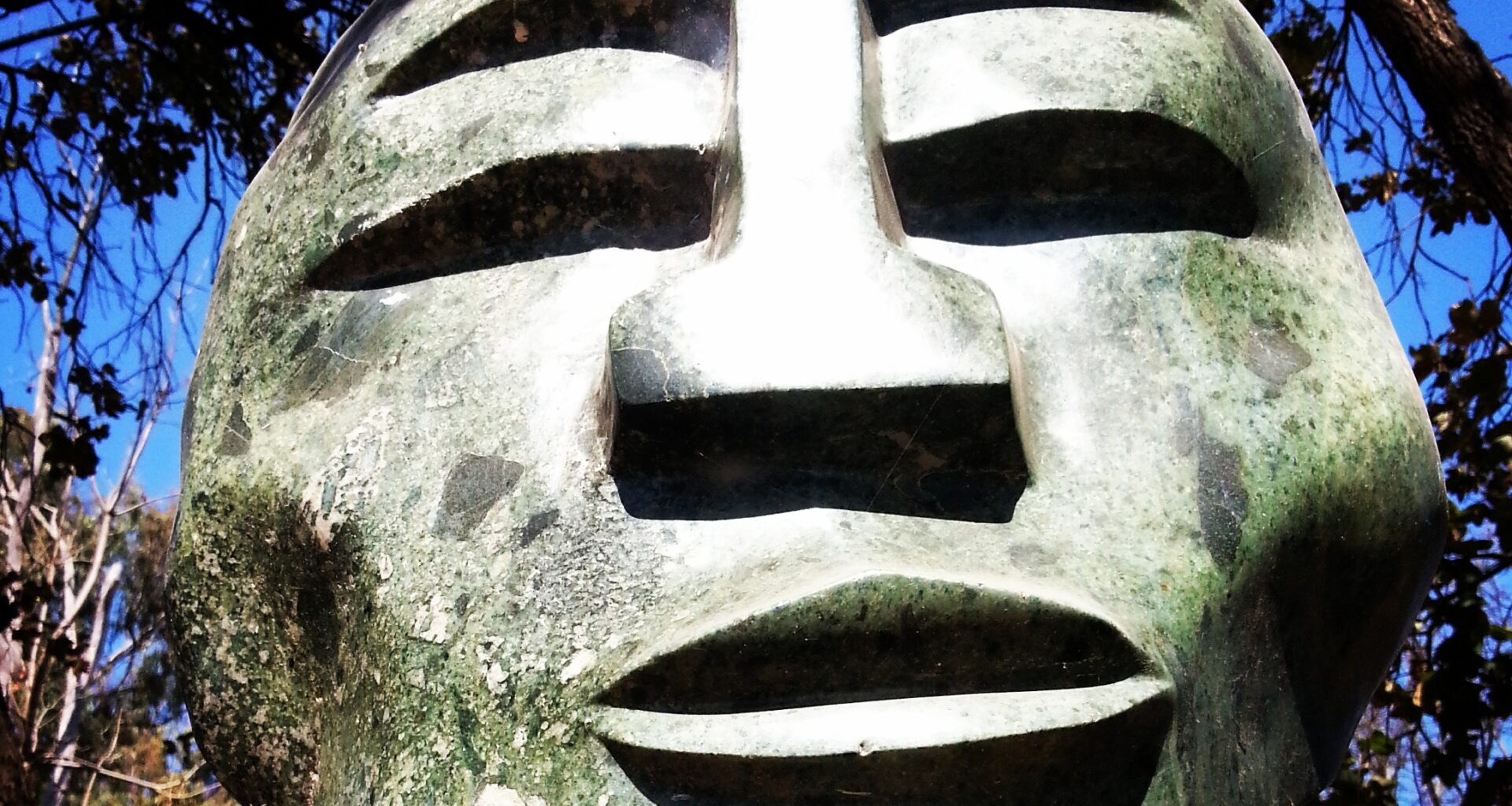
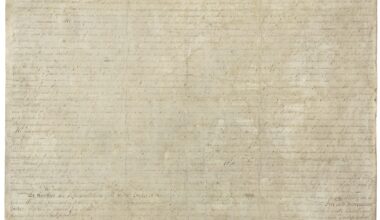
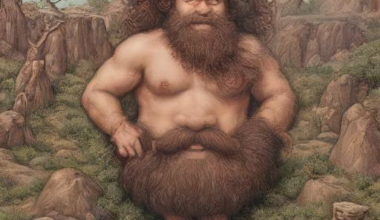
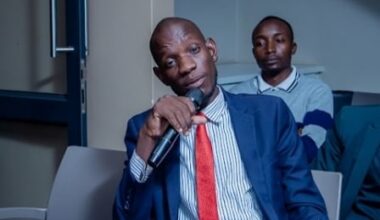
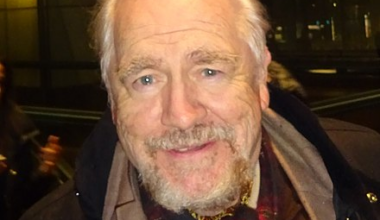
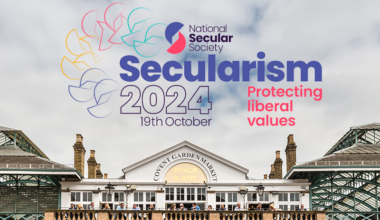
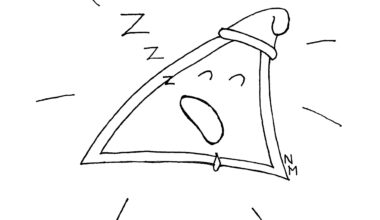
2 comments
In Southern Rhodesia (now Zimbabwe) even white religionists frequented so-called “witch-doctors” for natural medicines and to remove “curses”. It would make more sense perhaps to study the belief systems – presumably recognisable as shamanistic – of the “witch-doctors” to obtain a more genuine understanding of the VaShona – would it not?
Thank u so much for this bc I’ve been trying to find out what we worshipped before colonisation and I find it interesting that we may have not had any deity at all. This was so insightful and I really hope u write more in the future
Your email address will not be published. Comments are subject to our Community Guidelines. Required fields are marked *
Donate